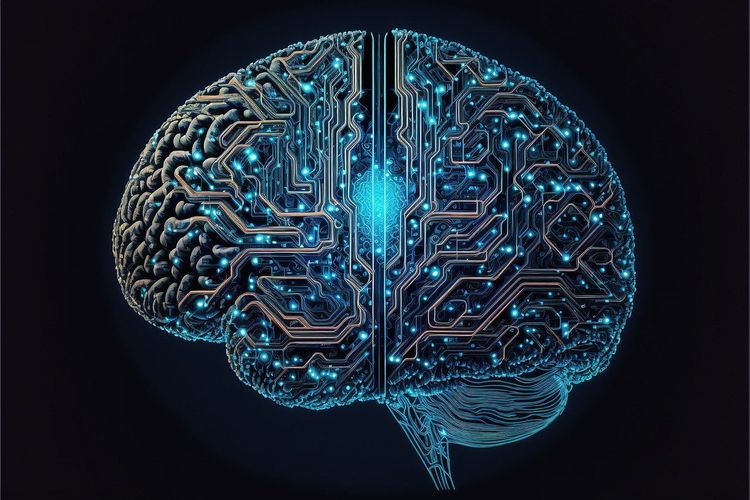Ahead of a private congressional meeting on artificial intelligence (AI) scheduled for Wednesday with leading tech firms, Google has unveiled its new initiative: the Digital Futures Project. This initiative is designed to bolster research and public policy solutions surrounding AI. Google.org, the company’s philanthropic arm, is launching a $20 million fund to provide grants to think tanks and academic institutions dedicated to advancing AI knowledge and expertise.
Brigitte Hoyer Gosselink, director of Google.org, emphasized the potential of AI to simplify our lives and tackle pressing societal issues, such as disease prevention, urban efficiency, and disaster prediction. However, she also acknowledged the challenges that accompany AI advancements, including fairness, bias, misinformation, security, and the future of employment.
The primary goal of this initiative is to fund independent researchers exploring critical topics, such as the impact of AI on global security, enhancing institutional and enterprise security, labor market changes due to AI, transitioning the workforce to meet future AI job demands, and strategies for governments to harness AI for increased productivity and economic growth. Furthermore, the project aims to foster governance structures and collaborative efforts across industries to ensure responsible AI innovation.
The first recipients of grants from the Digital Futures Fund include esteemed organizations like the Aspen Institute, Brookings Institution, Carnegie Endowment for International Peace, Center for a New American Security, Center for Strategic and International Studies, Institute for Security and Technology, Leadership Conference Education Fund, MIT Work of the Future, R Street Institute, and SeedAI. Google has indicated that this fund will extend support to organizations globally, not confined to the United States, with more updates to follow.
The topic of "Responsible AI" has gained significant traction as AI technology evolves rapidly. Earlier this year, a consortium of top AI players—including OpenAI, Microsoft, Anthropic, and Google—established the Frontier Model Forum to promote the safe and responsible development of AI models. Additionally, President Biden convened seven AI companies at the White House to discuss voluntary safeguards related to AI. Meanwhile, Europe is also progressing toward establishing comprehensive AI regulations.
Later this week, the U.S. Congress will convene a closed-door session with all 100 senators to hear from key tech leaders, including Elon Musk, who recently founded a new AI organization called xAI, Meta CEO Mark Zuckerberg, Microsoft co-founder Bill Gates, OpenAI CEO Sam Altman, Google CEO Sundar Pichai, and executives from IBM, Nvidia, and Palantir.
In the past, Google published its AI principles in 2018 and has continued to contribute to AI research. However, the company has recently adopted a more cautious approach to the development and deployment of AI technologies, resulting in some researcher departures and allowing competitors like Microsoft and OpenAI to gain traction with technologies such as ChatGPT and its integration into Microsoft products.
Recognizing the necessity for collaboration, Google stated that achieving responsible AI will require a collective effort. "We hope the Digital Futures Project and this fund will empower academia and civil society to further independent AI research that ensures this transformative technology serves everyone," Gosselink concluded.







